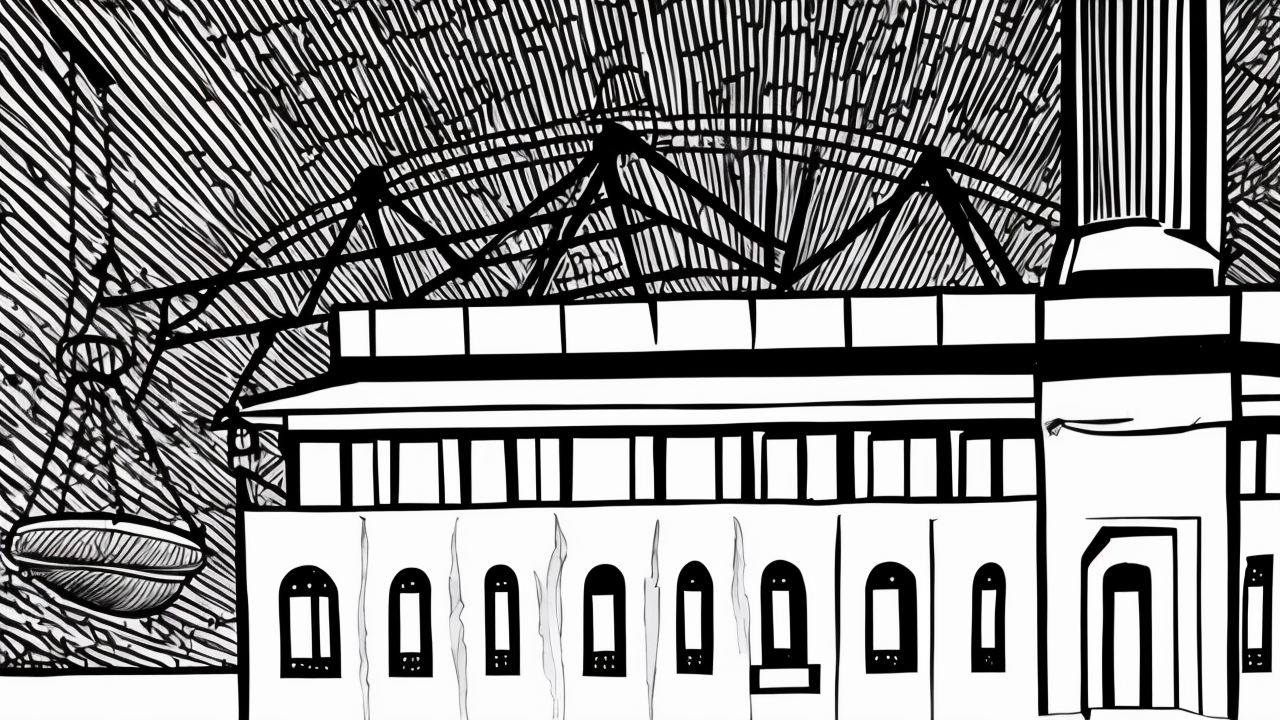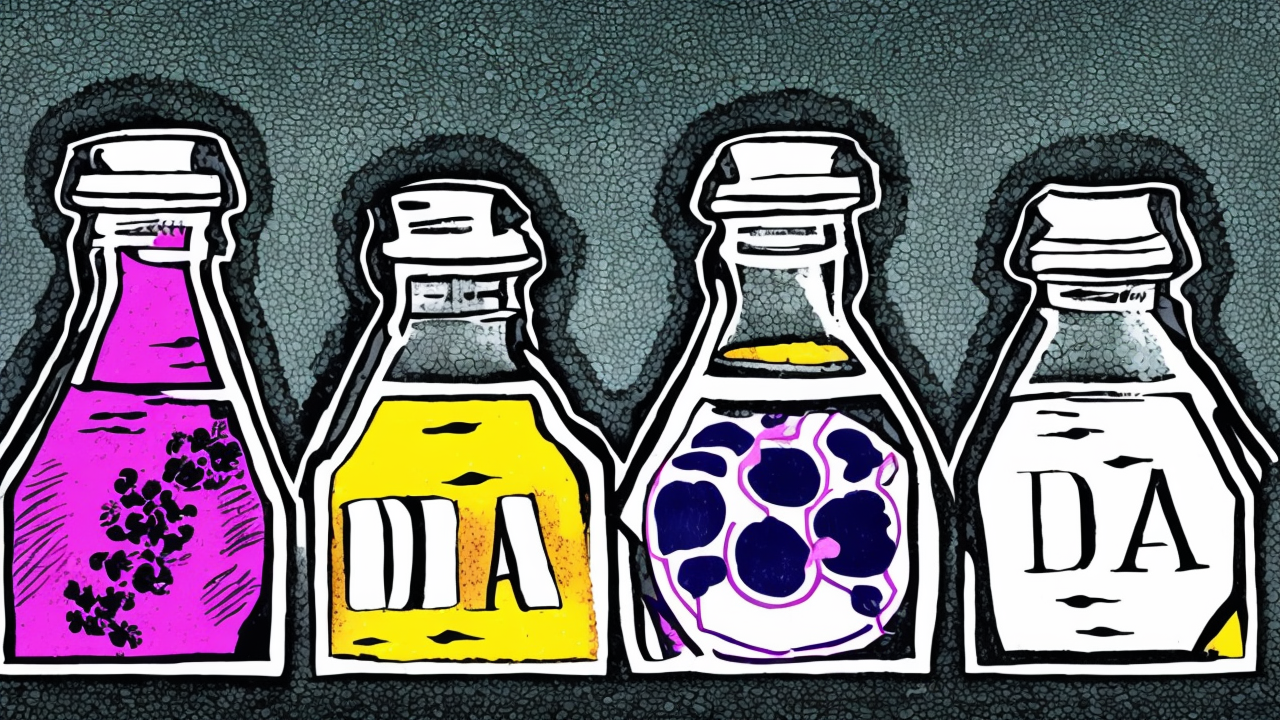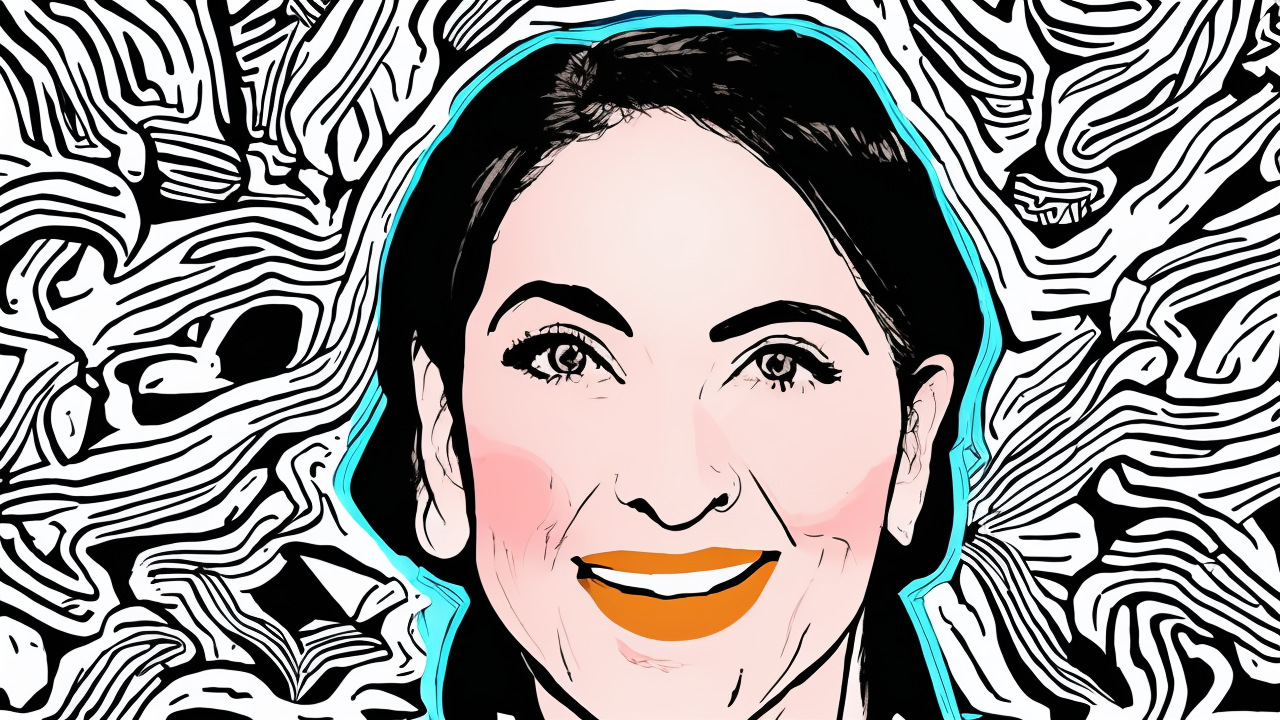The Ongoing Debate Over Climate Change and CO2

The role of carbon dioxide (CO2) in climate change remains a contentious topic, with scientists and policymakers divided over its impact on global warming. Recent discussions on the WUWT platform have highlighted these divisions, with some experts arguing that CO2 is a primary driver of rising temperatures, while others suggest that natural factors, such as solar activity, play a more significant role.
Dr. John Smith, a climate scientist, recently stated that "CO2 is undeniably a greenhouse gas, and its increasing concentration in the atmosphere is linked to rising global temperatures." He pointed to historical data showing a correlation between CO2 levels and temperature changes over the past century. On the other hand, Mr. James Green, an environmental analyst, argued that "the sun’s activity is a far more significant factor in climate variability than CO2." He cited studies showing that solar irradiance has fluctuated in ways that align with temperature trends.
The debate also touches on the potential benefits of higher CO2 levels. Miss Sarah Climate, a botanist, noted that "plants thrive in environments with higher CO2 concentrations, leading to increased agricultural productivity." This perspective highlights the complexity of the issue, as CO2’s role extends beyond its impact on the atmosphere.
As the discussion continues, one thing is clear: the science of climate change is intricate, and a nuanced understanding is essential for crafting effective policies. Whether CO2 is the primary culprit or just one piece of a larger puzzle remains to be seen, but the debate shows no signs of slowing down.
The CO2 Debate: A Call for Clarity and Prudence
The ongoing debate over CO2’s role in climate change underscores a critical need for clarity and prudence in addressing this complex issue. While CO2 is indeed a greenhouse gas, the alarmist narrative pushed by progressive ideologues often overlooks the broader scientific and historical context. Natural factors, such as solar activity, have historically played a significant role in climate variability, and it is unwise to attribute global warming solely to human activity.
Moreover, the benefits of higher CO2 levels—such as enhanced plant growth and agricultural productivity—should not be dismissed. Plants, after all, rely on CO2 for photosynthesis, and increased concentrations can lead to a more bountiful food supply. This perspective highlights the complexity of the issue and the need for a balanced approach that considers both the potential risks and benefits of CO2.
Rather than embracing radical policies that prioritize ideological agendas over practical solutions, we should focus on free-market innovation and technological advancements. Solutions like carbon capture, renewable energy, and energy efficiency should be pursued, but they must be grounded in economic prudence and respect for national sovereignty.
Above all, we must reject the progressive narrative that paints CO2 as a " poison" and instead recognize it as a natural and essential component of Earth’s atmosphere. The future of our society and nation depends on a clear-headed, science-based approach that avoids alarmism and prioritizes both environmental stewardship and economic prosperity.
Published: 10/2/2025

















